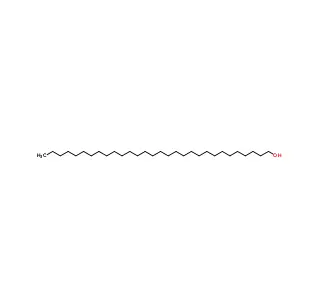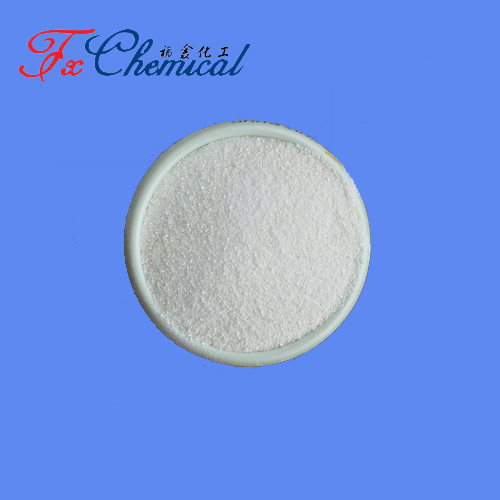
Search

Search

DEET, or N,N-Diethyl-meta-toluamide, is an active ingredient widely used in insect repellents. This chemical compound plays a crucial role in public health by providing protection against insect-borne diseases like malaria, dengue fever, and the Zika virus. Its effectiveness in deterring a broad range of pests, including mosquitoes, ticks, fleas, chiggers, and biting flies, has made DEET an indispensable tool in the fight against vector-borne diseases. Interestingly, DEET was developed by the U.S. Army in 1946 for military personnel in insect-infested areas, and it has been available to the general public since 1957. The significance of DEET extends beyond mere convenience; it is a critical component in preventing disease transmission and ensuring outdoor safety, particularly in regions where insect-borne diseases are prevalent.
DEET operates by interfering with the olfactory receptors of insects, effectively making it difficult for them to recognize humans as a target. This chemical is a slightly yellow oil that is intended to be applied to the skin or clothing and is available in various concentrations, typically ranging from 10% to 100%. The effectiveness and duration of protection increase with concentration; however, concentrations over 50% provide no added benefit. DEET's safety profile is well-established, with millions of people worldwide using it to protect themselves from insect bites.
The precise mechanism by which N, N-Diethyl-m-toluamide (DEET) repels insects is not fully understood, but it is believed to work by disrupting the activity of certain neurons in the insect's antennae and mouthparts that detect carbon dioxide and skin odors, which are crucial for insects to locate their hosts. DEET's molecular structure confuses these olfactory neurons, causing a misdirection that makes it difficult for biting insects to land on a treated surface. Recent studies suggest that DEET directly affects the odorant receptors in insects, which alters their host-seeking behavior and reduces their likelihood of landing and feeding.
Use in personal insect repellents: sprays, lotions, and wipes
DEET is available in various formulations, including sprays, lotions, and impregnated materials such as wipes. These products provide individuals with flexible options for protection, catering to different preferences and situations. For instance, lotions offer a controlled application and are suitable for sensitive skin, while sprays are convenient for quick application over large areas.
DEET in military and outdoor applications
In military contexts, DEET is vital for personnel operating in tropical and insect-rich environments, preventing insect-borne diseases that could impact operational effectiveness. Similarly, outdoor enthusiasts, such as hikers, campers, and travelers, rely on DEET-based repellents to safeguard their health during activities in nature. The wide acceptance and use of DEET in these high-exposure settings underscore its importance and effectiveness as a protective agent against the nuisance and dangers posed by biting insects.

Quick Links
Add:
E-mail:
 English
English  Español
Español  français
français  العربية
العربية 


